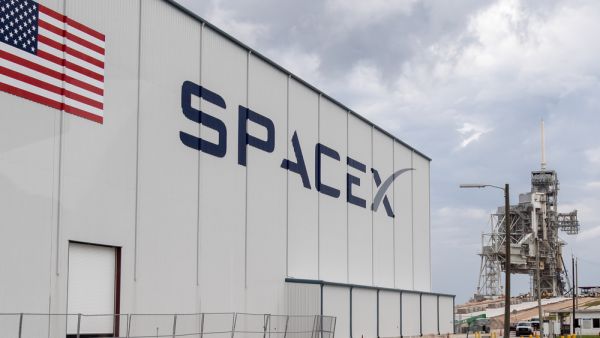Liftoff is planned for 10:31 a.m. EDT from Launch Complex 40 at Cape Canaveral Air Force Station, adjacent to Kennedy Space Center. The U.S. Space Force forecast indicates a 20 percent chance of weather issues that could delay the launch, namely cumulus clouds.
The booster launched three previous Starlink missions and two other communications satellites for customers since 2018. Elon Musk's SpaceX started to reuse boosters the year before, saying that reduces launch costs.
In addition to the Starlink spacecraft, the rocket will carry three small Earth-imaging SkySat satellites for San Francisco-based Planet (formerly Planet Labs). It's the second Starlink launch this year that carries SkySats.
Former NASA scientists Will Marshall, Robbie Schingler and Chris Boshuizen founded the company in 2010, "with a goal to use space to enhance life on Earth," according to the company.
Planet said it has sent more than 100 satellites into orbit -- some the size of a shoebox -- collecting almost 100 million square miles of imagery daily.
The SkySat spacecraft are part of Planet's Earth-imaging constellation. The company provides surveillance and images of the planet's surface, updated frequently for emergency service providers, security firms and other customers.








